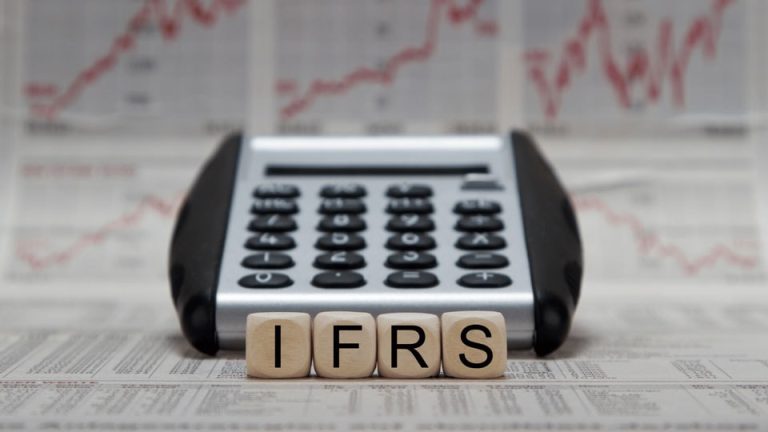Management Representation Letters in Governance Audit
A Management Representation Letter, referred to herein as the letter, is a document signed by senior company management and submitted to the company's external auditors. This letter serves as an affirmation of the accuracy of the financial statements subjected to the auditor's scrutiny. The significance of this practice is underscored by its incorporation into the International Standards on Auditing (ISA 580), designating the letter and its written representations as audit evidence. This inclusion in professional standards emphasizes the need for Management Representation Letters in audit processes, as audit evidence forms the foundation for the auditor's opinion.
This governance practice holds a pivotal role in ensuring the quality, integrity, ethical grounding, and diligence of financial statements and management. Its importance extends across various dimensions:
- Risk Mitigation:
- Drawing inspiration from Saul Alinsky's insight that controlling language controls the masses, the governance framework becomes a critical tool. Notably, the Enron Inc. scandal serves as a cautionary tale, where falsified financial statements led to a catastrophic decline in share value. Robust governance, including the Management Representation Letter, mitigates such risks.
- Legal and Regulatory Compliance:
- In specific jurisdictions, such as the United States under the Sarbanes Oxley Act, the Management Representation Letter is a statutory requirement. This mandates companies to have their executives sign the letter, ensuring compliance with legal obligations.
- Compliance with Codes and Good Governance Practices:
- Recognizing the absence of jurisprudence in some jurisdictions, professional institutes often incorporate the practice into their codes. Additionally, adherence to international standards such as the International Financial Reporting System (IFRS) and ISA is crucial. For instance, the Institute of Certified Public Accountants (ICPAC) recognizes the importance of ISA.
- Avoiding Deniability:
- The letter serves as a safeguard against managerial denial of wrongdoing or negligence, particularly in cases of incompetent oversight. Reference to Kenneth Lay's denial in the Enron scandal highlights the necessity of signed letters to counter such potential denials.
- Enhancing Auditor’s Independence:
- Acknowledging that auditors depend on correct financial statements, the Management Representation Letter reduces management's influence, strengthening the auditor's oversight powers.
- Placement and Acknowledgment of Responsibility:
- The letter establishes accountability for senior managers responsible for the business's well-being. Signing the letter signifies their individual responsibility for the financial statement's integrity, completeness, and potential losses resulting from falsified records.
- Documentation of Management Assertions:
- As pre-audit custodians of financial reports, management holds significant influence over their integrity. The letter commits them to refrain from tampering with the contents or preparation of reports, preventing potential manipulations.
- Assurance:
- Providing assurance to auditors, the Management Representation Letter instills confidence in the accuracy of the financial position reviewed. This credibility promotes responsible management practices and underscores the significance of the audit exercise.
The Management Representation Letter transcends being a mere accessory in the audit process; it is a cornerstone of good corporate governance. This letter safeguards against shareholder deception, assuring stakeholders and the public of transparent and above-board operations within a company. It stands as the final safeguard against misinformation, reinforcing the integrity of financial reporting.







